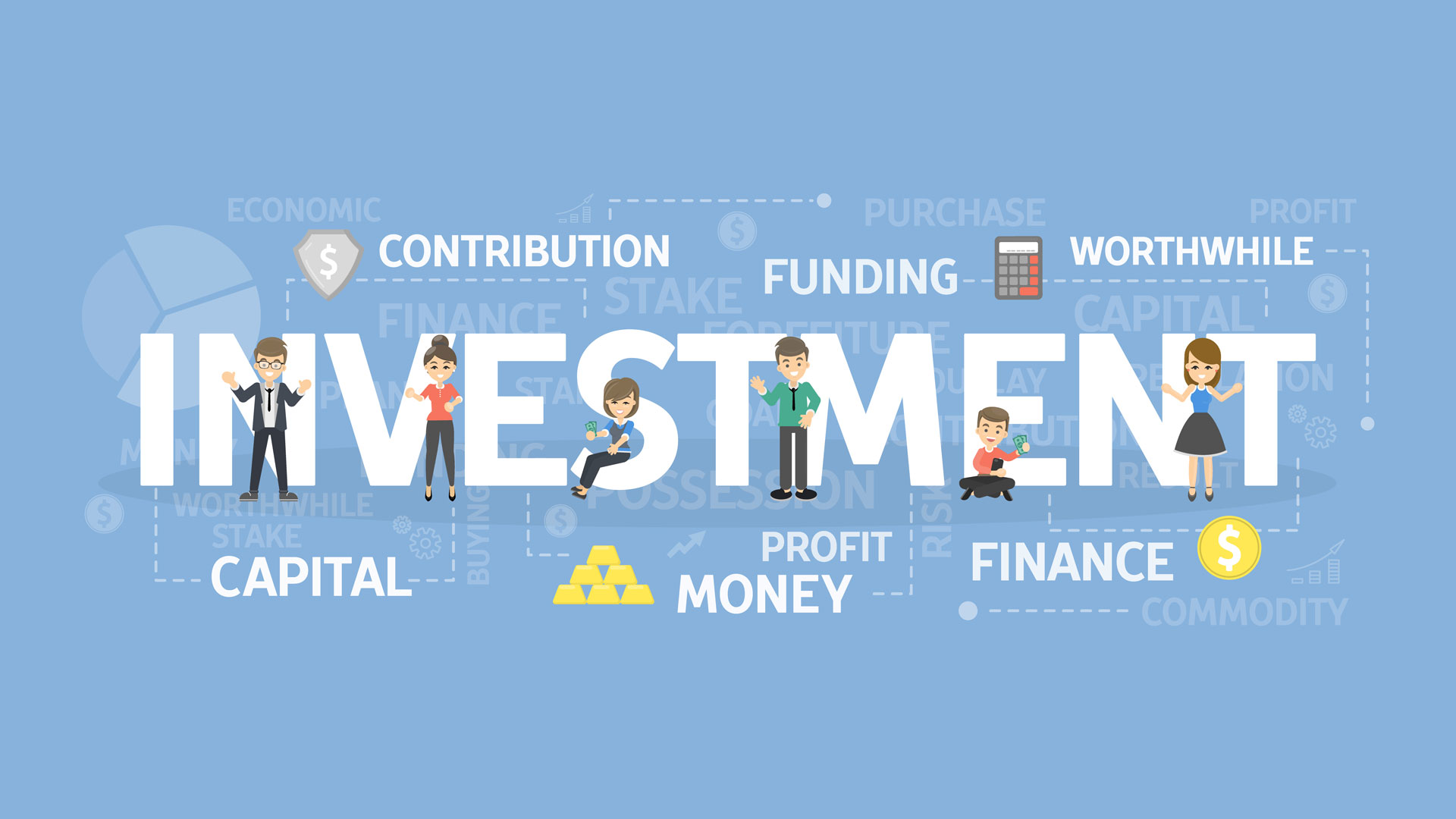Feb 18, 2022

What awaits Startups and VC Investments in 2023?
The industry is buzzing with predictions for what the coming year will bring for venture capital and the startup ecosystem for seed funding. Many had concluded that 2022 would be somewhat of a barren year due to the decline in values and the protracted economic turmoil. But, overall 2022 also maintained momentum and that gives a clear indication that 2023 would be recognized for intriguing startups and historic Venture Capital (VC) deals with plenty of support. Early-stage investing had a resurgence in 2022 and continues to do so. In fact, 54% of the investors reported planning to invest mostly in early-stage companies in 2023. But, early-stage investing requires specialized knowledge. With the latter stage of investing, growth marketing receives significant funding. Deep product, industry, and technical expertise are necessary to succeed in the early phases of offering pre-seed investments. Despite the lower amounts invested, a significant amount of time must be set aside.
The Emergence of Strong Venture Vintages
(New technologies offer huge opportunities and support startups to attract investment)
As they become more aware of the subtleties of early-stage financing, investors are turning to collaboration as the answer. One-third of Limited Partners (LPs) claim that in 2023 they will make more co-investments with VC firms. We have observed new alliances and transactions when sector-specific early-stage funds collaborate with traditional growth and private equity funds, frequently through fund-of-funds programs or specialized partnership models. Geographically speaking, the poll reveals that despite economic uncertainty, the US and the UK continue to be the top choices for UK LPs. Startups requiring seed funds should pay close attention to this dynamic region of the world.
The use of AI, Web3 technology, B2B financial infrastructure, marketing, and richer transaction data are all undergoing a variety of exciting and major advances and attracting seed investors. Startups and financially viable use cases in these sectors are growing, and the underlying technologies may be completely commercialized over the next two to four years. In light of this, opportunities are expected to present themselves in 2023 and 2024 at the ideal moment and price, making both this year and the following promising vintages.

A 2023 Stance for VC and Private Equity
(Venture capital and private equity groups need to cut losses and create a path to profitability)
Managers seeking additional funds are anticipated to enter what some consider a daunting 2023 as they compete for competitive advantages. Fundraising problems will continue in private equity and venture capital this quarter. According to venture capital and private equity groups, today's financial challengers must cut losses and create a path to profitability. Eliminating competition in this challenging economic environment may relieve pressure on the most successful organizations. Still, the seed funding investors are increasingly looking for new technology to offer them an edge if they want to stay successful. The macro climate for venture capital (VC) has temporarily slowed down due to geopolitical unpredictability, inflation, and market volatility.

There aren't as many bids in the private market now as there were during the epidemic era, despite valuations right-sizing. Traditional investors who made big purchases in the private markets have pulled out of the market as the public bear markets have severely hit their portfolios. In the meantime, fresh investments in crossover funds have virtually stopped, and some of the biggest private investors experienced huge losses in their hedge funds. This, too, shall pass, as the proverb says.

The Indian Startups’ IPOs
(Future IPOs will depend on several internal and external factors and the quality of the issues and the pricing may change in 2023)
Many unicorns in India plan to raise funds with Initial Public Offers (IPOs) and they had entered into the capital market to create more valuation. Several of their competitors plan to launch their IPOs in 2023. In the last two years, businesses like Paytm, Nykaa, and Zomato came up with their IPOs and raised the funds they were looking at. However, they could not keep the momentum because of several reasons. The shares of Fintech Paytm, which completed the largest IPO in the country's history last year, have lost 75% of their market value in the first year since going public, making it the worst first-year share decline among major IPOs in the past ten years. Similarly, Nykaa and Zomato shares’ value also declined. However, Indian Unicorns such as Oyo, Snapdeal, Byju, and MobiKwik are a few of the well-known tech startups that have declared their intention to list on the stock exchanges. Most of these businesses would leverage their strengths and look for better prospects at stock exchanges.
Being on a high private market valuation threshold, which can be challenging to surpass in the primary market issue, will provide a problem for some firms. However, because future IPOs will depend on several factors unrelated to the global markets, the quality of the issues and the pricing will change in 2023.

Big Trends
(SaaS, Electric Vehicles, Edtech, E-commerce, and Climatetech among others are expected drive the growth of startups as they would remain the favourites of investors)
Despite challenges, Software as a Service (SaaS) and fintech kept the momentum going in 2022 as well. New tech-enabled and innovation-led sectors SaaS, Electric Vehicle, Edtech, and Climatetech are expected to drive the growth of startups as they would remain as favourites for investors. For example, in India startups raised $24 billion in CY22 and it was still double what they received in CY20 and CY19, according to PwC. Going forward, companies Amazon, Flipkart, and BigBasket have ambitious plans for inducting two- and three-wheeled electric vehicles (EVs) in their delivery fleet and this would be a growth driver for both EV and E-commerce sectors. The post-COVID period is witnessing a slump for edtech domain in terms of funding and growth. However, this tech-enabled domain is expected to bounce back with innovations and new-age tools.
Over the years, funding for early-stage start-ups has steadily increased. CY20, CY21, and CY22 each raised $1.3 billion, $2.5 billion, and $2.8 billion. The agreements had average ticket sizes of about $4 million. According to a Tracxn analysis, Indian climate tech startups raised nearly $2 billion in 2022. It's also crucial to remember that in 2022, the Boston Consulting Group (BCG), an American management consulting firm, collaborated with the venture philanthropy platform ACT for Environment to create the Green Start-up Pledge (GSP).

JC Team Capital - Jani Venture is a capital fund firm in Canada investing into the early- stage startups to get their business to take off.







